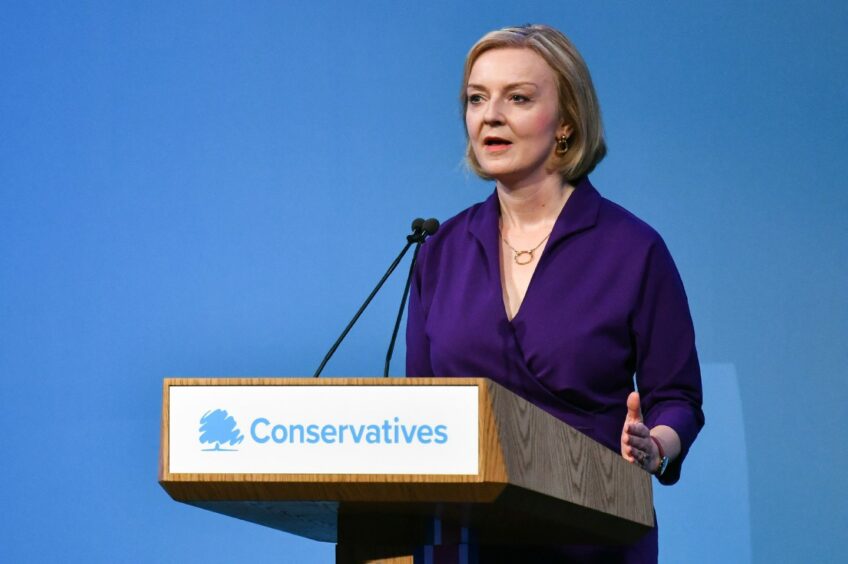
Tory MPs including former prime minister Liz Truss are set to launch another attempt to overturn the de facto ban on onshore wind farms after the summer recess.
Sir Alok Sharma, the former Cop26 president, on Wednesday formally proposed an amendment to the Government’s Energy Bill, which is due to return to the Commons after the summer recess.
His amendment would both end the effective ban on new onshore wind farms and require the Government to show developers how they can demonstrate that local communities support their plans, and how they can provide financial benefits to those communities.
The plan would also prohibit appeals against a decision by a local council to refuse planning permission for a wind farm to ensure that local wishes are respected.
Sir Alok said: “Last autumn the Government committed to change the planning rules by the end of April this year to overturn the de facto ban on onshore wind. Unfortunately, this has not happened.
“This amendment will help to deliver on the Government’s own promise to unlock investment in one of the cheapest forms of energy. Ultimately this will bring down household bills and improve our energy security.”
The amendment has been signed by more than 20 backbench Conservatives, including Ms Truss and several former ministers.
Other signatories include former party chairman Sir Jake Berry, former chief whip Wendy Morton, Wales Committee chairman Stephen Crabb and former levelling up secretary Sir Simon Clarke.
Sir Alok’s amendment means Rishi Sunak now faces another potential rebellion over onshore wind less than a year after heading off a previous attempt led by Sir Simon.
The former levelling up secretary, a strong backer of Ms Truss, withdrew a similar amendment to the Levelling Up and Regeneration Bill after the Government agreed to relax planning rules in December 2022.
However, proposals put out to consultation earlier this year were criticised by the renewable energy industry as not going far enough.
The current rules, introduced under David Cameron in 2015, require councils to draw up detailed plans showing all the areas suitable for onshore wind development before new wind farms can go ahead, and also mean that proposals can be blocked even if just a single person objects to them.
RenewableUK, the trade body for the renewable industry, said the Government’s proposals only slightly changed the rules, meaning detailed plans were still required and the objection of one person was still potentially enough to stop a development going ahead.
Recommended for you
